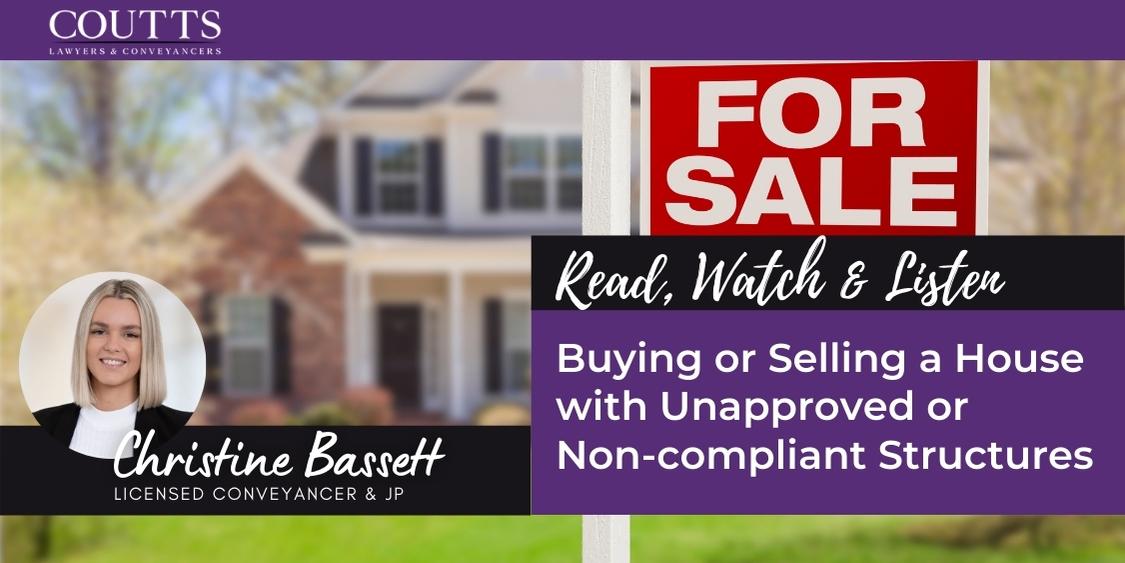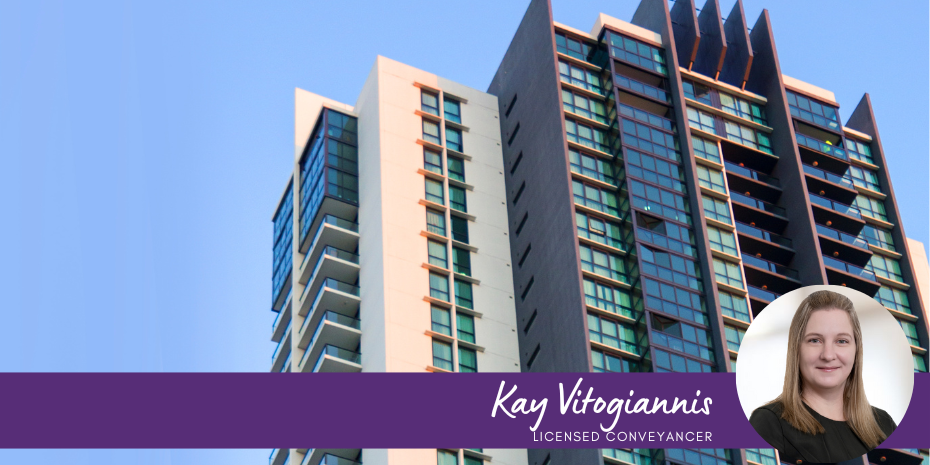Vendor disclosure obligations NSW
In New South Wales, a vendor is obliged to disclose any structures built without approval from the relevant authority and disclose whether or not any pool or spa is compliant or non-compliant with current regulations. It is a requirement in New South Wales that the Contract for Sale discloses any and all compliance issues that the vendor is aware of regarding the property and inclusions.
Buying a house with a pool or spa
In New South Wales pools and/or spas are required to be registered with the New South Wales Swimming Pool Register as well as comply with all current regulations. Things such as incorrect fence height, faulty pool gates or failure to register the pool can all lead to a non-compliant pool. Regardless of when you installed a pool, it must be registered and comply with the current regulations.
If you are selling land that includes a pool or spa, it must be registered and an inspection must be conducted by an authorised certifier who will evaluate whether or not the pool or spa is compliant with current regulations or non-compliant with current regulations. The certifier will then issue either a certificate of compliance or certificate of non-compliance. This certificate must be included in any Contract for Sale of Land. It is not required that any non-compliance be rectified prior to settlement unless the non-compliant issues pose a significant risk to the public.
If buying a property with a pool, you should ensure that your conveyancer or solicitor confirms there is a current compliance certificate attached to the Contract for Sale or ensure that any non-compliant issues are rectified and a compliance certificate is issued, prior to settlement. The costs of rectifying same can be expensive depending on the issues identified.
Can you buy a house with a non-compliant pool or spa in NSW?
You may also choose to still proceed with the knowledge that the pool or spa is non-compliant. However, if you purchase with a pool or spa that is non-compliant, you take on the responsibility for ensuring that the pool or spa is made compliant. You will have ninety days from the date of settlement to remedy all non-compliance issues. You must also obtain a certificate of compliance.
What causes a structure to be non-compliant?
Many things can cause a structure to be non-compliant, from having the wrong kind of approval to having a pergola above the gutter line of the house and exposed to high winds. Some developments can be exempt, including decks and carports. Essentially, as long as the proposed work meets all the development standards, then approval may not be needed.
The risks of purchasing a house with non-compliant or unapproved structures
What happens if I choose to go ahead with my purchase without making enquiries or with the knowledge of non-compliance? Unfortunately, it really is a “buyer beware” situation without much recourse available to the buyer from the vendor.
How to minimise the risk of buying or selling a house with non-compliant or unapproved structures
- Retain a solicitor/conveyancer to act on your behalf if you are a vendor.They will be able to tell you what is required and what your obligations. They can also explain the risks of marketing a property with a non-compliance structures or pools/spa.
- Retain a solicitor/conveyancer to act on your behalf if you are a purchaser.
They will be able to tell you what issues, if any, exist with structures and compliance and what obligations you may inherit. They will also be able to negotiate for the vendor to obtain same prior to completion. is required and what your obligations. They can also explain the risks of entering into contracts with non-compliance structures and swimming pools that you may be unaware of. - Make as many enquiries as you see fit.
These enquiries can be through arranging pest and building reports, pool inspections, a building compliance report (with onsite assessment), and even make a call to council to discuss any structures you are not sure about. - Take out Stewart Title Insurance.
Stewart Title Insurance can cover you for:- Illegal building work.
- Survey/boundary defects.
- Registration gap (when a dealing is lodged preventing your interest being registered or recorded).
- Fraud, forgery, and identity theft.
- Planning and title defects.
- Outstanding rates and taxes.
ABOUT CHRISTINE BASSETT:

Christine is a Licensed Conveyancer and Justice of the Peace at Coutts’ Narellan office. Since joining Coutts Lawyers & Conveyancers in 2013, Christine quickly immersed her interest into property and has since completed studies of Conveyancing Law and Practice at Macquarie University; and is accredited with the Australian Institute of Conveyancers NSW.
For further information please don’t hesitate to contact:
Christine Bassett
Licensed Conveyancer & JP
info@couttslegal.com.au
1300 268 887
CONTACT COUTTS LAWYERS & CONVEYANCERS TODAY.
This blog is merely general and non-specific information on the subject matter and is not and should not be considered or relied on as legal advice. Coutts is not responsible for any cost, expense, loss or liability whatsoever in relation to this blog, including all or any reliance on this blog or use or application of this blog by you.



